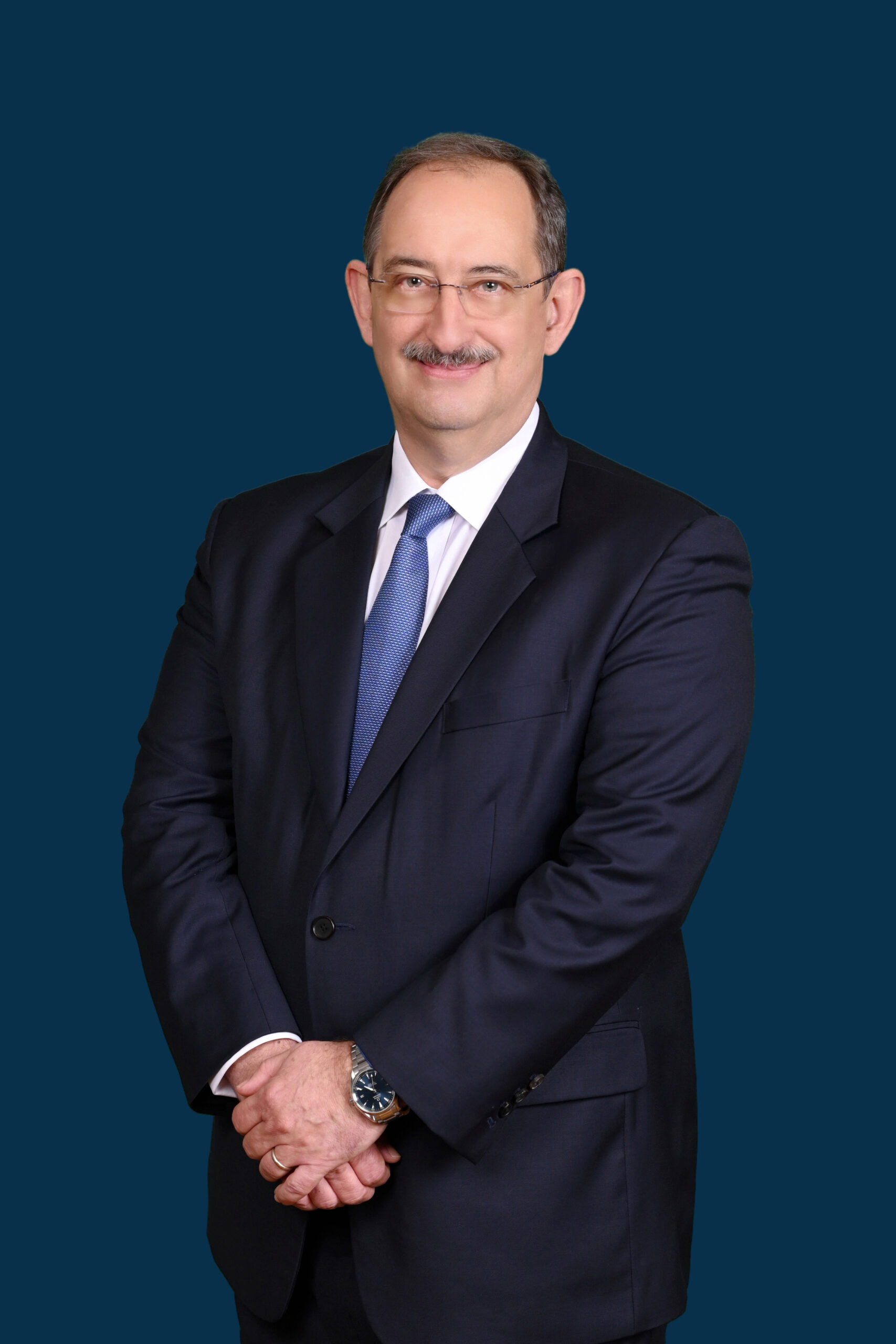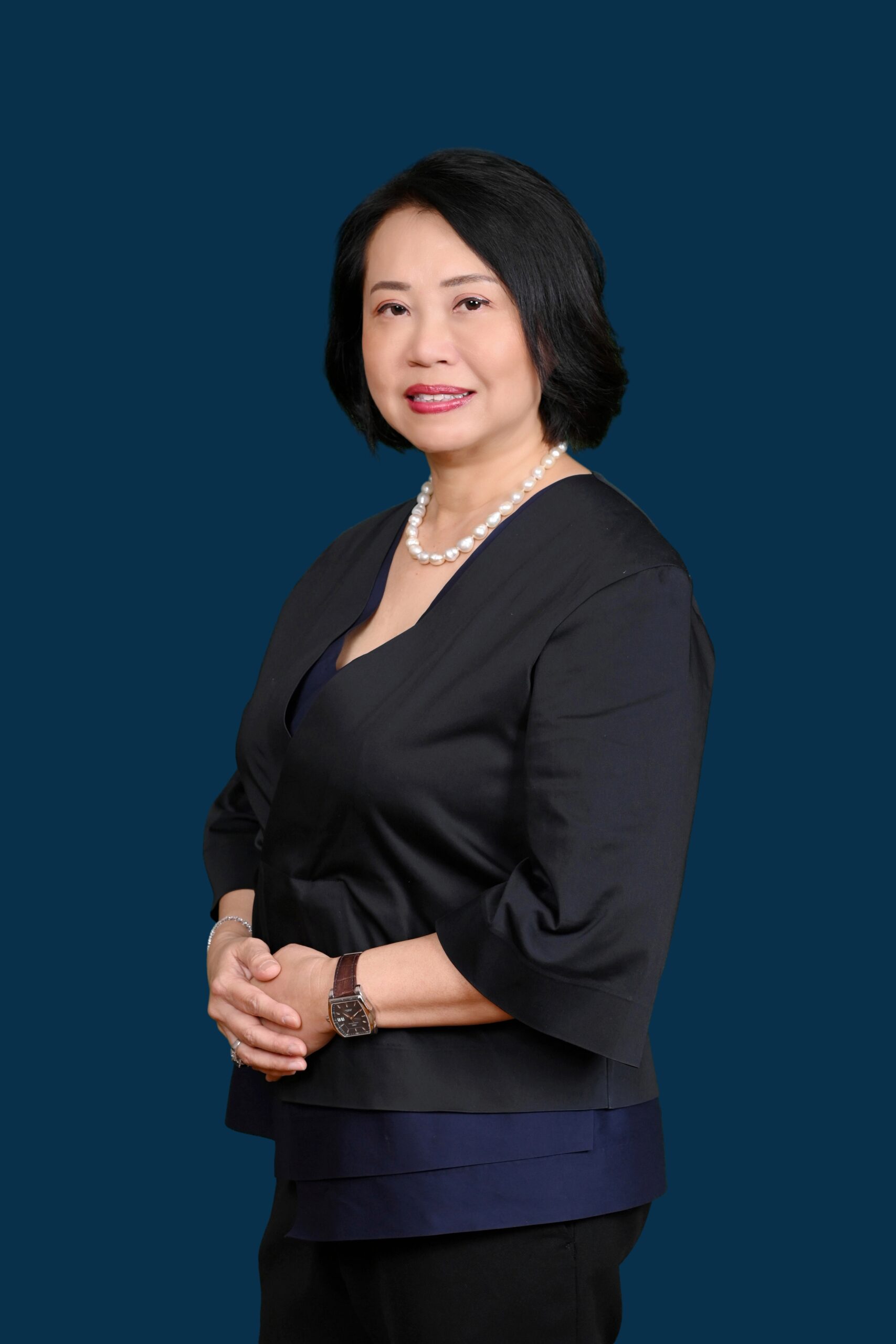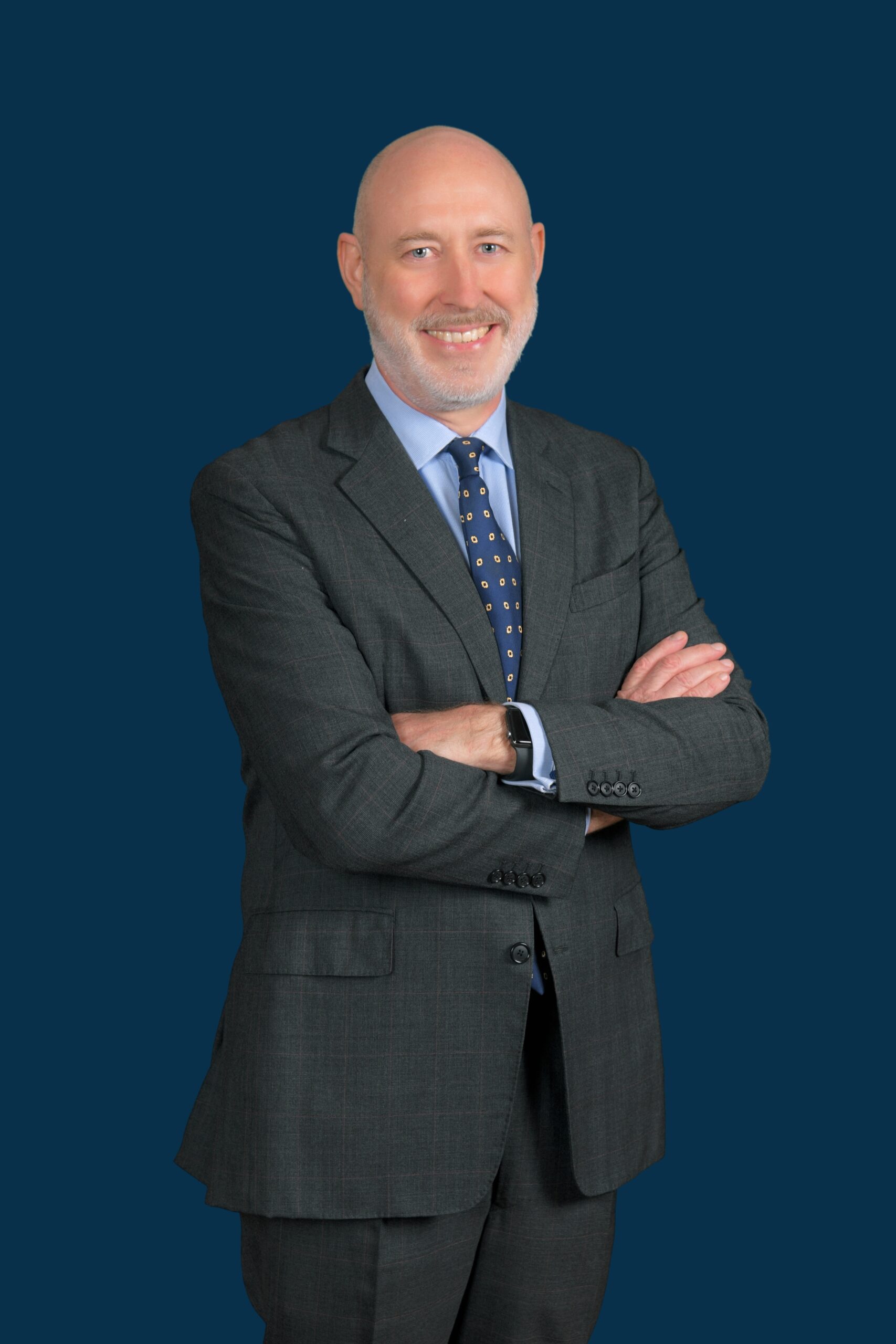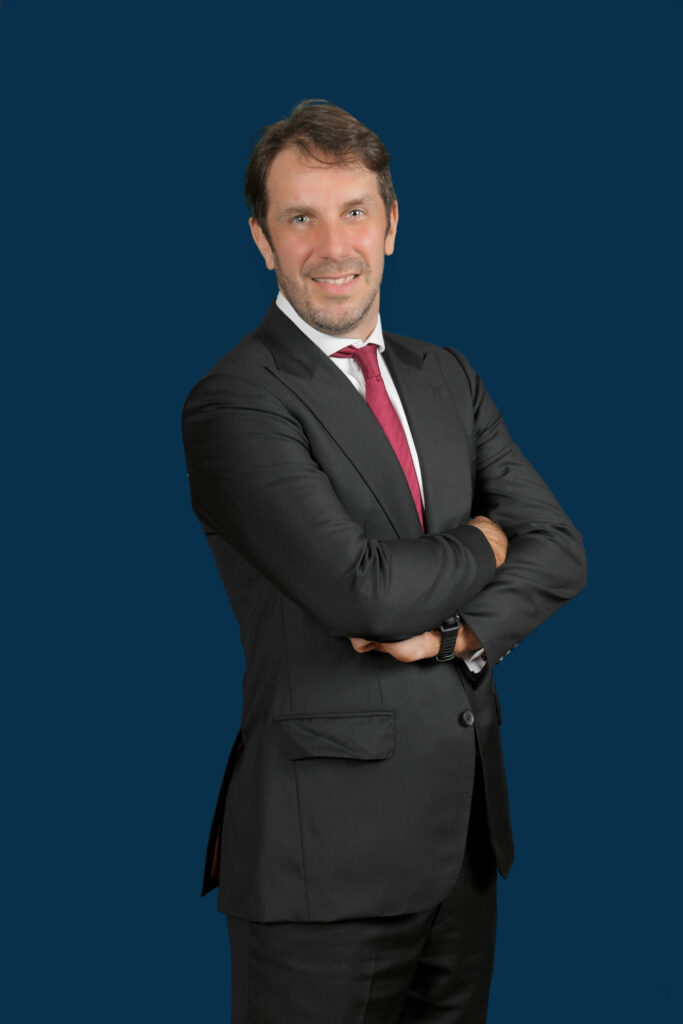The Case Challenge drew participation from 126 undergraduates across four local universities – an encouraging increase from 117 participants at the inaugural event in 2019. 70% of the participants, were from non-maritime disciplines, reflecting a growing interest in the maritime industry among students.
The winning team comprising Mr Khor Yi Xuan, Mr Ho Yao Kang and Mr Tan Yeow You had impressed the judges in the Preliminary Round for their proposal to POSH on the development of the world’s smartest and greenest floating hotel. Participants also submitted proposals for PSA’s case on integrating digital sustainability in the logistics supply chain, as well as Thome Group’s case on shaping an effective maritime safety culture. While the quality of submissions was high, the three finalist teams differentiated themselves at the Preliminary Round with their thoroughness and creativity of their proposed ideas, going the extra mile to understand the operations of the maritime industry and how their ideas could be tailored for real-world applications.
For the Grand Finals, Team RotterRamp beat two other teams from NTU and NUS in a 24- hour challenge to propose ideas on how the maritime industry can continue to attract and develop talent post COVID-19 to maintain Singapore’s position as the top maritime centre in the world. Their proposal offered short and long-term solutions to strengthen the industry’s overall branding, with their strategic use of media and reference to case studies from other industries particularly impressing the panel of judges.
Apart from cash prizes, the top three teams were offered internships with the three participating companies and had the exclusive opportunity to engage with senior maritime leaders through company tours and dialogue sessions.
Mr Khor, Team Captain of RotterRamp, said, “We wanted to challenge ourselves as we have not participated in a team competition before. From this experience, we learned that creativity is vital in order to stand out, and we gained a deeper understanding of Singapore’s maritime industry and the array of fulfilling careers it offers. The maritime leaders whom we spoke to were also very willing to share their insights and we felt very welcomed. We really look forward to being a part of such an important and significant industry.”
Mr Kenneth Chia, Executive Director of SMF, said, “The MSC Maritime Summit Case Challenge is aimed at cultivating an appreciation for the industry among participants. The increased number of sign-ups and high quality of submissions received this year point to a resounding success that builds upon the success of the inaugural iteration of the event in 2019. Participation from diverse disciplines is also a heartening sign that the industry’s awareness initiatives are paying dividends. With the maritime industry primed to continue playing a role in the success of Singapore, talent attraction and development remain a key focus of SMF, and we will continue to enhance our efforts in building a sustainable pipeline of talent for the industry’s growth.”
The maritime industry is a key pillar contributing to about 7% of Singapore’s GDP. COVID-19 related disruptions have served to emphasise the importance of business continuity in the maritime industry and have accelerated an urgency to boost its resilience through digital transformation. This raises a need for the continuous development of the existing workforce and the attraction of young talents with diverse backgrounds to build a future-ready workforce.
The MSC Office’s work lies in connecting students and jobseekers across disciplines to maritime internship and career opportunities, in order to support the industry’s growth and maintain its competitive advantage. The MSC website (www.maritimesgconnect.com) where students and jobseekers can find out more information on maritime opportunities also features a resume depository, with over 6,200 submissions since its launch.





